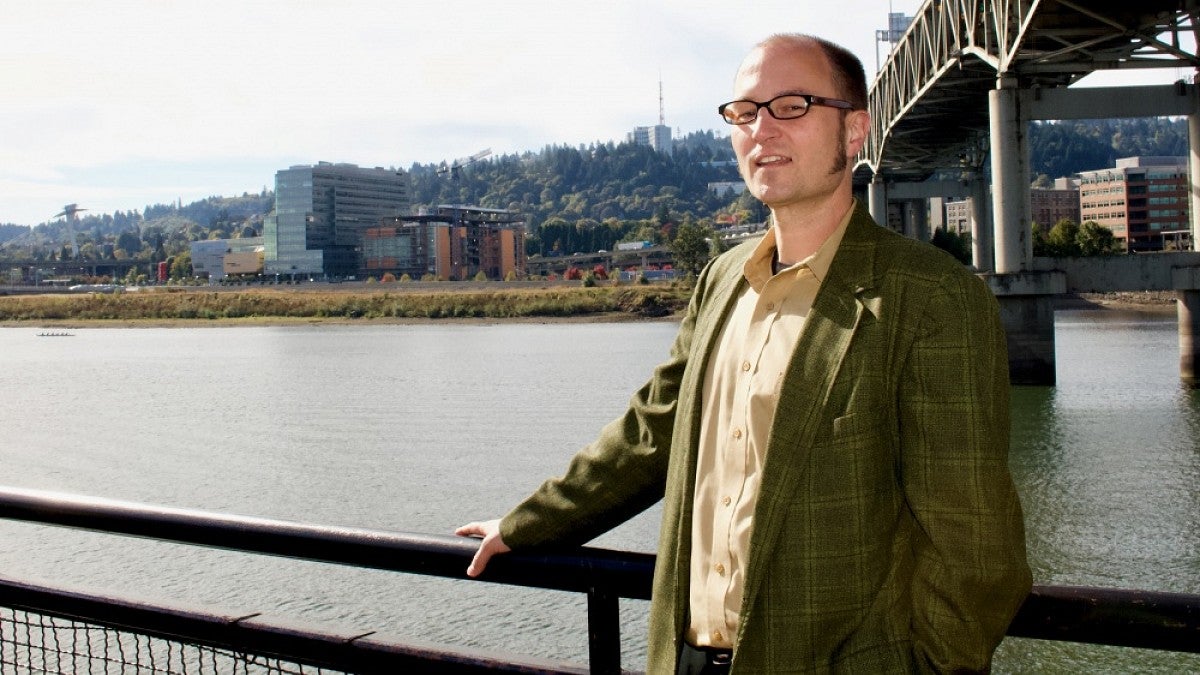University of Oregon students, faculty and community members can get swept away in the rich historical and cultural currents of Willamette River conservation at a presentation from environmental historian and author James Hillegas-Elting on April 22.
The presentation will be in the Erb Memorial Union’s Crater Lake South Room from 4 to 5:15 p.m. Hillegas-Elting’s talk will focus on the successful conservation efforts in the mid-1900s that shaped the current Willamette river ecosystem and discuss his recent book, “Speaking for the River: Confronting Pollution on the Willamette, 1920s-1970s.”
According to Eric Jones, a courtesy faculty member in the UO environmental studies program, Hillegas-Elting studies urban environmental history as well as the physical infrastructure of modern city function. Many elements of his presentation and studies connect to various environmental disciplines and programs in the UO community, Jones said.
However, he said the important role that the UO played in Willamette River conservation and the relevance of Hillegas-Elting’s work cannot be understated.
“As the flagship university of the state, the University of Oregon has been a leader in producing the science and public awareness on Willamette River conservation,” Jones said. “The river is a central, defining feature of the Willamette Valley as it is the University of Oregon campus. Today, the river is considered one of the great conservation success stories in the nation.”
Hillegas-Elting will also hosti an environmental publication and writing workshop the next day in Room 249, Columbia Hall from noon to 1 p.m. The event is limited to the first 15 people to RSVP and is open to both students and faculty members from any discipline.
The workshop is sponsored by the Center for Environmental Futures and the environmental studies program. Interested students should email Jones at ejones4@uoregon.edu.
“James Helligas-Elting is a recognized authority on the history of river conservation efforts and an inspiring speaker,” Jones said. “The university has a strong commitment to being a sustainable, green campus, including stewardship of the river.”
To learn more about the upcoming events or Hillegas-Elting’s work, please visit the history department website.
—By Bryan Dorn, University Communications


